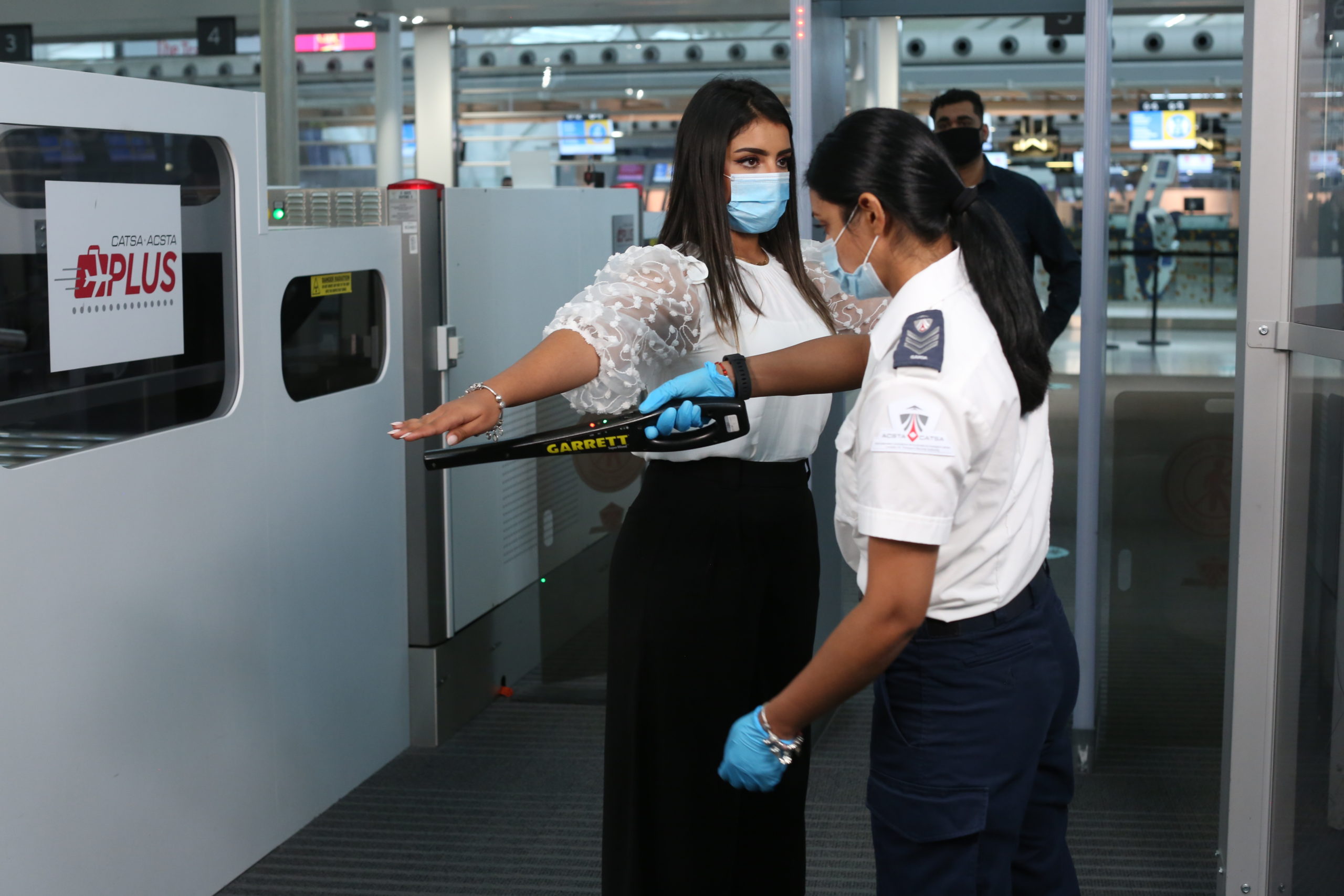(NC) Having multiple online accounts, subscriptions and devices that connect to the internet has become inevitable and necessary. But as we get more and more connected digitally, learning how to stay cyber secure can be overwhelming.
Unfortunately, many modern-day communications technologies carry some risk. Without properly protecting your various accounts and devices, you could lose time, money, personal data, or even have your identity stolen.
However, there are some simple measures that you can take to stay safe online:
1. Create a passphrase or complex password
The easiest way to protect your personal accounts from cyberattacks is to use a passphrase or complex password. Choose a passphrase that’s at least 15 characters long, or a complex password that’s at least 12 characters long and uses a combination of lowercase and capital letters, numbers and symbols. Avoid using personal information in your password, like your name, your address or a pet’s name. Don’t use the same password on multiple accounts.
2. Enable multi-factor authentication
Multi-factor authentication is the practice of using multiple authenticators – like a thumbprint, facial recognition or pattern – in combination with a passphrase or complex password. Using multiple authenticators to access your devices or accounts can help prevent hackers from accessing your personal information.
3. Be on the lookout for phishing messages
Phishing messages are fraudulent messages created by cybercriminals. They can come in the form of emails, phone calls and even text messages, and are designed to look very authentic, making them tricky to spot.
Be cautious of any unsolicited message or phone call that asks you to click on a link or provide your personal information. If you suspect you have received a phishing message, contact the sender through a different channel to confirm whether it’s legitimate.
4. Back up your data
Your personal data are important, and should be treated carefully. Backing up your data can help recover files and programs if your device is stolen, broken or compromised by malware. You can back your data up by using an external hard drive or a cloud-based service.
Find more information and resources to help you protect against cyber threats at getcybersafe.ca.
























